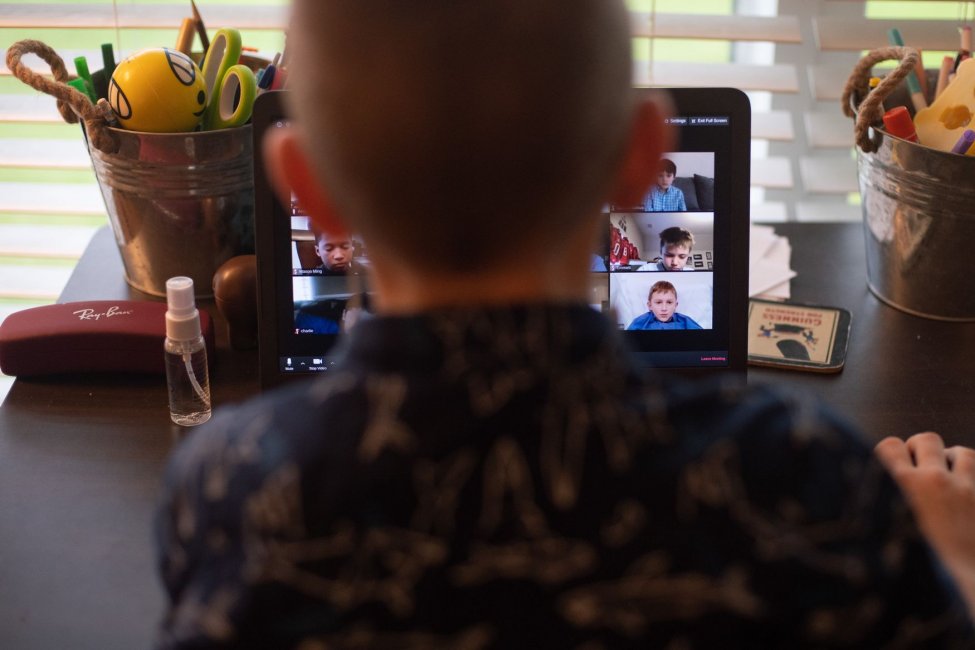Dec. 28 (UPI) — More screen time among children during the COVID-19 pandemic led to an increase in mental health issues, as well as behavioral and attention problems, a study published Tuesday by JAMA Network Open found.
Among just over 2,000 children ages 2 to 18 in Ontario, Canada, a correlation existed between increased time spent watching television, playing video games and using other devices, including computers, and mental health and behavior problems.
Young people who spent more than two to three hours per day watching television, playing video games or using electronic devices had higher rates of depression, anxiety and irritability, as well as attention and hyperactivity problems, the data showed.
The prevalence of these symptoms increased with screen time and was particularly high among children who spent nine or more hours a day using electronic devices, which was common during the early part of the COVID-19 pandemic when schools were closed, researchers said.
“Compared to children and youth with lower screen use, those with higher screen use had higher levels of mental health symptoms,” study co-author Dr. Catherine S. Birken told UPI in an email.
“The more time kids spent on screens, the larger the effect was,” said Birken, a professor of pediatrics at the University of Toronto.
Recreational screen time among teens in the United States doubled during the pandemic to nearly eight hours per day, an estimate that did not include time spent on screens for remote learning or schoolwork, according to a report released in November.
Teens surveyed with higher amounts of screen time reported poorer overall mental health, the researchers said.
A separate report published in October linked increased screen time among children and teens nationally during the pandemic with reduced physical activity.
Similarly, daily screen time among children and teens in Ontario during the COVID-19 pandemic was “substantially above the suggested limit of less than one to two hours per day,” Birken said.
This was particularly true among school-age children age 4 and older, with up to one in five spending four to five hours per day watching television or digital media and up to one in 10 spending six to eight hours doing so, the data showed.
Given that the study covered the period from May 2020 through April 2021, this is likely due, at least in part, to schools being closed for several months as part of efforts to contain the spread of COVID-19, the researchers said.
Although most schools in Canada, as in the United States, reopened for in-person learning in the fall, it appears the increase in screen time has had lasting effects, they said.
“More than two hours of TV and digital media, video games and video-chatting per day were associated with depression, anxiety, irritability, hyperactivity and inattention in children and youth six to 18 years,” Birken said.
In addition, “more than two hours of e-learning time per day, compared to less than 30 minutes per day, was associated with depression and anxiety in children and youth aged 6 to 18,” she said.
